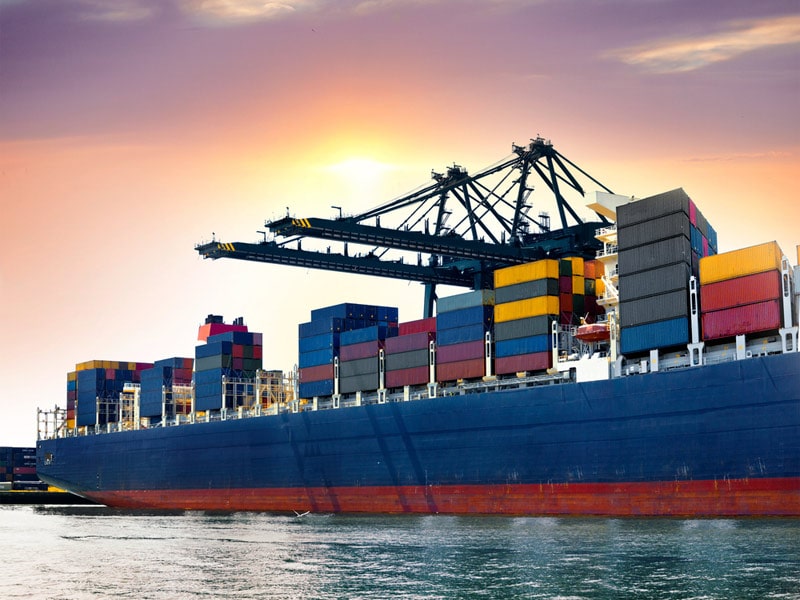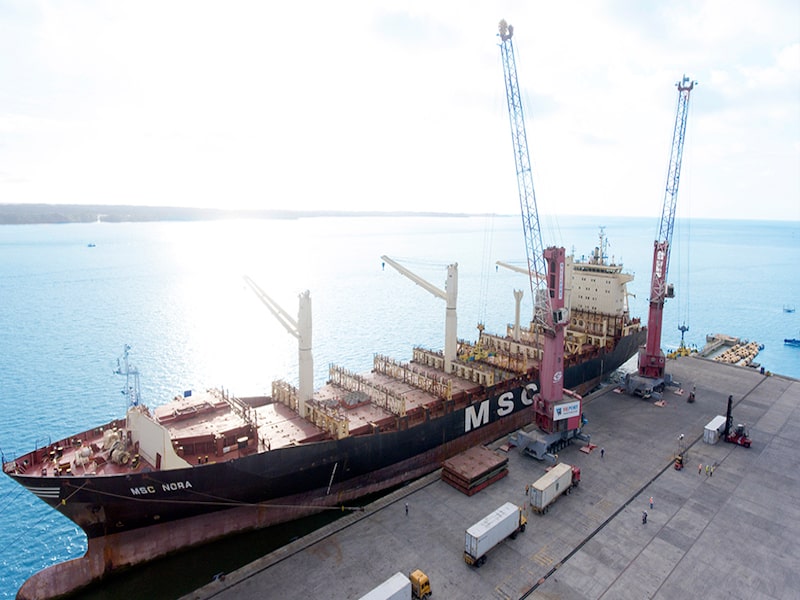
What is Cargo Insurance?
Cargo insurance is the insurance that all carriers must have. Like vehicle insurance, there is a minimum amount of insurance required for the cargo operator’s liability.
This is a fairly limited version, just like vehicle repair insurance and only covers things like vehicle accidents or natural disasters. Such shippers may apply for cargo insurance as an addition to the carrier’s liability in order to protect their goods from theft, damage or loss in transit.
Types of Cargo Insurance
Cargo insurance works much like life or health insurance in that there are many options, each of which comes with different limitations and coverage.
Inland Cargo Insurance
Inland cargo insurance covers your shipment while it is being transported by land. Most of the time if your cargo is on a truck, you’ll want ground cargo insurance. If your cargo is transported or handled by a utility vehicle, you will want this type of insurance as well. Keep in mind that this insurance is only national so it will only apply within the limits of the United States.
The coverage offers you protection against theft, collision damage and similar risks.
Marine Cargo Insurance
Ocean freight insurance covers your shipment for the sea leg of your journey. This applies to goods transported by sea or air. This particular insurance is international.
It offers you coverage for bad weather, piracy, damage caused by loading and unloading and similar risks.
Please note that marine insurance policies can be permanent or renewable. Therefore, if you do not ship regularly, you have the option to choose a renewable policy and pay for single trips.
These will be relatively inexpensive and represent a perfect solution for infrequent international shippers. Frequent shippers will require a permanent policy for the duration of their shipments.
Why Cargo Insurance is Important
Cargo insurance is important because it provides a type of interim solution that goes beyond the minimum liability requirements of the cargo operator. Like all types of insurance, it is always better to have it and not need it than to need it and not have it. If something goes wrong, such as a shipment on board a ship could sink or a theft could occur in the port, your company could suffer serious financial losses.
More specifically, your company could be responsible for its share of losses along the shipping chain. The maritime principle of averaging stipulates that all losses from damage that is caused by an unforeseen problem are divided among the owners of the surviving cargo on that ship.
This means that if your shipment is on a ship with shipments from 10 other companies, even if your cargo was not damaged after an unforeseen problem, you are still responsible for compensating the other owners whose cargo was damaged or lost.

If 9 out of 10 companies on board that ship suffered damage or loss, you may be the only company that gets through, but you’re now hooked on compensating them. There is no doubt that having insurance could protect you in these cases.
In any case, having insurance protects your business against devastating losses when these things happen. The degree of coverage for your shipment will vary depending on the details of the policies you have. Therefore, it is imperative that you review the small print on your policy before signing on the dotted line.
Different Types of Cargo Insurance
All Risk Coverage
Comprehensive coverage is the broadest coverage you will find with a large area of protection. In general terms, this coverage will apply to physical loss and damage that is the result of an external cause. Note that this normally applies to approved products or in general. There are exclusions, of course.
Damage to your cargo due to negligence is not covered most of the time. An example of this would be shipping something that is time sensitive even though you know there is a congestion problem in that port.
Inherent Defect is normally excluded. This refers to deterioration of your cargo simply due to the cargo itself. Wine and beer, for example, qualify as Inherent Vice because they can be affected by temperature changes or movement during transit.
Other exclusions include abandonment of cargo, war, strikes, riots, civil commotion, refusal of customs, loss of use and non-payment. Other external factors that are not covered could include contamination, infestations, earthquakes, etc.
Coverage of Named Risks
Within this particular coverage you only receive losses caused by the Risks that are mentioned in the policy. This can include things like boat collision, boat sinking, bad weather, earthquake, theft, derailment or non-delivery. Remember that only the things mentioned can be covered, therefore these types of policies are more limited.
Benefits of Cargo Insurance
Cargo Insurance provides coverage for the duration of your shipment’s journey. It can protect your shipment against damage or loss resulting from external factors. With cargo insurance you can even protect your shipment while it is on the ground but still en route to the buyer.
If a shipment is lost at sea, for example, the overall liability of the freight operator will be insufficient to compensate for the loss. If a shipment is being transported on a container ship and goes down, the cargo operator’s liability will be insufficient and your company could suffer a crash.
If your truck on the road is involved in an accident, your company is responsible for your share of the losses that could negatively impact the bottom line of your operation. But with Cargo Insurance none of this will happen in the event the worst happens.
Should I apply for Cargo Insurance?
In short, cargo insurance is very important. There are serious consequences associated with not having cargo insurance. In order to protect your company from serious losses and possible liabilities, applying for cargo insurance is an obligation.

